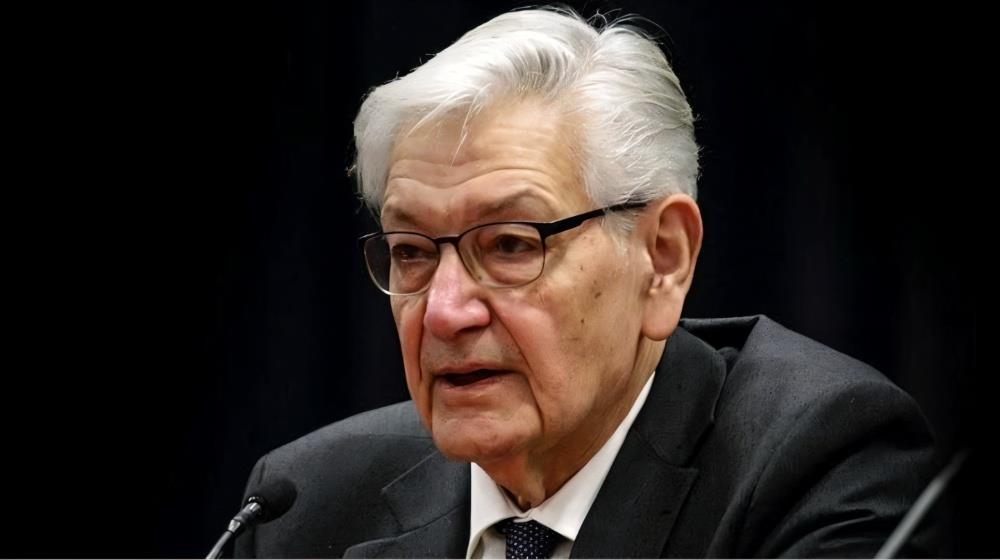Earlier this month, many Russian and Belarusian nationals legally living in the EU, including Cyprus, found their Revolut accounts suddenly frozen.
According to local reporting, the freeze affected students, professionals and pensioners who have lived in Cyprus for years and are not connected to any sanctioned individuals or entities. Several lawyers say even holders of EU residence permits were caught up in the measures.
Cyprus, with its large Russian-speaking community, felt the impact immediately. People woke up unable to access salaries, rent money or savings, despite having broken no laws. Their accounts were not frozen by court order or through a formal EU listing, but seemingly through broad interpretations of the EU’s 19th sanctions package.
The problem extends far beyond the island. Across the EU, banks and financial institutions have adopted increasingly cautious policies when dealing with Russian nationals, even those who have lived in Europe for decades. Reuters has documented numerous cases in which long-standing accounts were closed solely on the basis of nationality. In many situations, the institutions involved appear to be acting out of fear of misjudging rapidly evolving sanctions rules, not because the law clearly requires their actions.
This phenomenon, known among sanctions practitioners as over-compliance, has become an unintended feature of Europe’s response to the war in Ukraine. According to UN Special Rapporteur Alena Douhan’s report, over-compliance often stems from uncertainty rather than legal necessity. Faced with the threat of substantial penalties for mistakes, many institutions find it safer to impose blanket restrictions than to assess each case individually. Yet they bear no responsibility for erroneous freezes due to the regime’s “no liability” provisions. The result is a growing number of people who find themselves effectively punished despite having no connection to the sanctions regime.
Recent corporate cases illustrate how widespread the problem has become. On 29 October, the Court of Justice of the European Union ruled that Swiss-based EuroChem Group AG, one of the world’s largest fertiliser producers, is not subject to the EU sanctions imposed on its founder, billionaire Andrey Melnichenko. The judgment clarified that the funds and economic resources of the Firstline Trust and its trustee, the Cyprus-based Linetrust PTC - EuroChem’s ultimate owner - were (and remain) outside the scope of EU sanctions and are not frozen.
Although Melnichenko was sanctioned by the EU in March 2022, following Russia’s full-scale invasion of Ukraine, he had stepped down as the trust’s beneficiary before his designation. Still, some banks, counterparties and suppliers, fearful of indirect sanctions exposure, began treating EuroChem as though it were blacklisted.
The consequences were severe. EuroChem’s European plants and operations in Belgium, Lithuania and France were forced to halt operations as suppliers stopped delivering raw materials and energy companies cut off electricity. Several banks froze the company’s accounts and refused to process bond payments, citing fear of breaching sanctions. With operations paralysed, hundreds of employees lost their jobs and local communities were left scrambling.
It ultimately took direct intervention from national governments to partially unwind the disruptions. By then, the damage had been done: the company had suffered hundreds of millions of euros in losses, EU governments lost significant tax revenues and European farmers were left paying higher prices for fertilisers imported from outside the Union.
The recent judgment follows earlier findings by the EU General Court, which held that the mere mention of a company in an individual’s sanctions listing does not, by itself, impose restrictions on those conducting business with that company. EuroChem now hopes that, following the CJEU’s ruling, it will no longer face such indiscriminate treatment.
One does not need to defend EuroChem to recognise the broader problem. When companies and individuals face serious consequences because private institutions feel pressured to go further than the law requires, the economic and social fallout can be considerable. Cyprus, with its international corporate presence and diverse population, is particularly exposed to such knock-on effects.
None of this diminishes the importance of sanctions against Russia. The EU must continue enforcing its measures firmly and consistently. But the effectiveness of the sanctions regime depends on clarity and proportionality. If rules become so complex or ambiguous that institutions feel obliged to exclude broad categories of people or companies simply to reduce their own risk, the system begins to drift away from the principles it is intended to uphold.
For that reason, clearer guidance from regulators is essential. Individuals who have been wrongly affected must have access to straightforward remedies. And financial institutions should not be left in a position where adopting the most restrictive possible interpretation of sanctions is the only safe option.
A sanctions regime that quietly punishes the wrong people and companies does not strengthen the rule of law; it undermines it. If Europe wants its measures to remain credible, it must ensure that legitimate residents and lawful businesses are not trapped in the fog of over-compliance.
*Athanasios Papandropoulos is an award-winning Greek columnist and journalist who serves as the Honorary International President of the Association of European Journalists. His work focuses on business and economic affairs.









